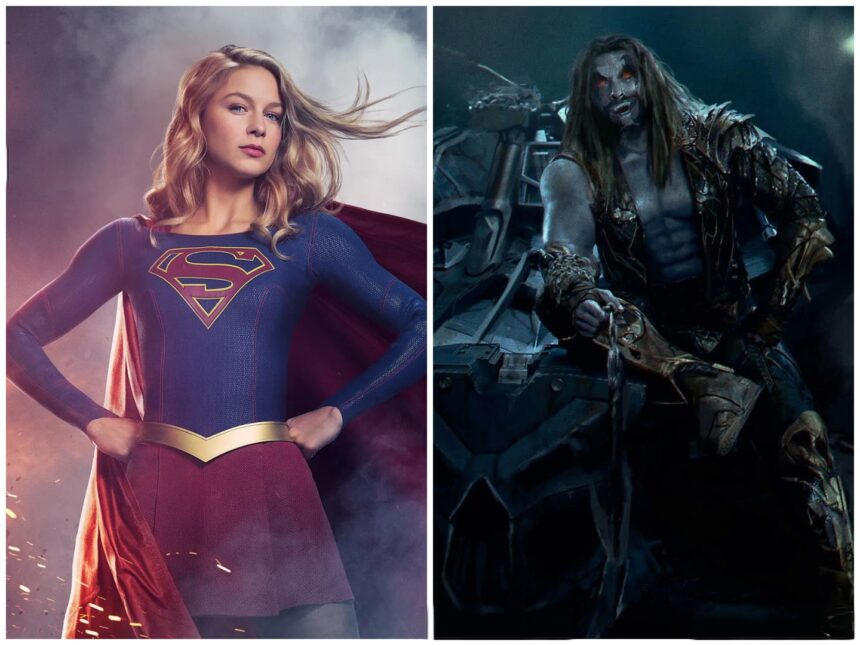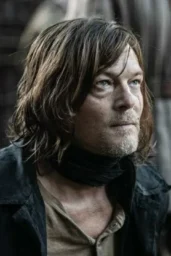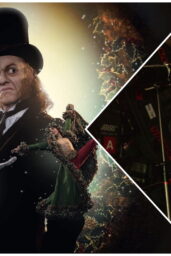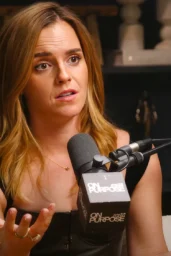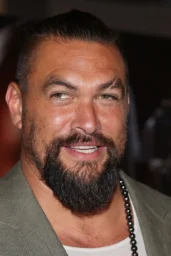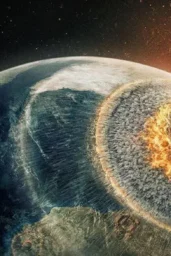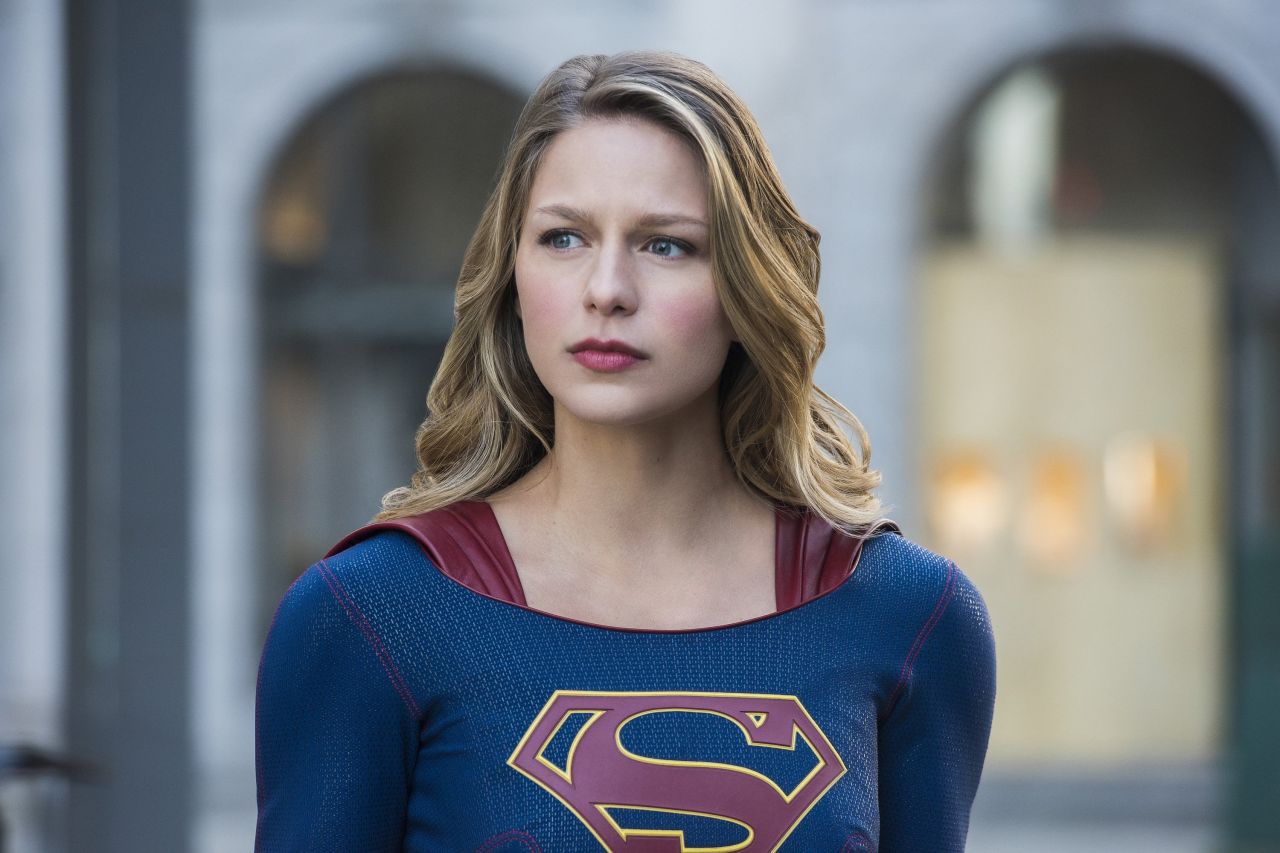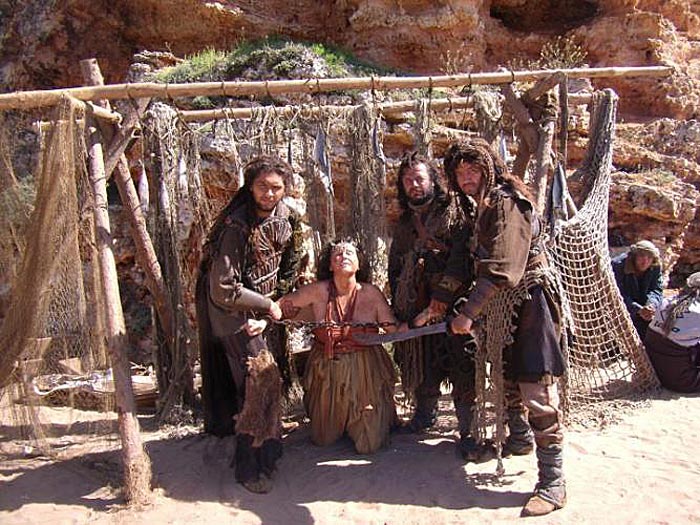The first time I heard “Jason Momoa as Lobo,” I snorted. Momoa’s been Aquaman, Conan—he eats anti-heroes for breakfast. But this? This is different. This time, Lobo isn’t a guest star; he is the narrative anchor.
A through-line forged in chaos
Supergirl (dropping that subtitle soon) isn’t pulling punches — thanks to James Gunn, it’s a solid three-act film now, not a scattershot anthology. As Gunn confessed on the DC Studios Showcase podcast, the original Woman of Tomorrow comics are “a bunch of little stories,” and Lobo gives the movie a “through-line… one three‑act story”.
This is crucial. The comics were episodic, but cinema demands structure—a spine. And Lobo provides that spine. He’s not a cameo or gimmick. “He’s himself,” Gunn stresses.
Why Lobo? Why Momoa?
Gunn calls him “maybe… the biggest comic book character that’s never been in a film”. That’s big talk. Lobo’s a Czarnian mess—bounty hunter, brutal, gasoline-soaked attitude, firearm scar tissue, a guy who’d smoke a cigar after obliterating you. He’s the perfect counter to Supergirl’s fury.
Momoa—fresh off being Aquaman, Conan, plane‑hijacker in Fast X, Minecraft guide, you name it—has the physicality, the scowl, the gravitas. Plus, Gunn shares stories of that first text: “F—ing LOBO,” Momoa wrote, and Gunn grinned – “man, I’ve been telling you to be Lobo for years”. It’s not casting—it’s destiny.
Star power meets story necessity
On paper, Matthias Schoenaerts as the villainous Krem of the Yellow Hills is solid but niche—a European thespian valued more by critics than box‑office. Momoa, however, brings global name recognition. His presence isn’t just cameo innuendo—he brand amplifies the film, injecting commercial muscle into the DCU’s sophomore flagship.
This film releases June 26, 2026—exactly one year after Superman lands on July 11, 2025. So momentum matters. A Momoa‑charged Lobo isn’t a detour—it’s the trailblazer leading fans into the next galaxy‑spanning conflict.
Thematic mirror image
Lobo’s not just muscle; he’s thematic foil. Supergirl’s canon arc is revenge—she’s gritty, savage, orphaned, hunting across star systems. Lobo, a bounty hunter fueled by his own violent clarity, is her mirror. They reflect and collide—one’s Kryptonian rage meets one’s Czarnian resolve.
Their journey echoes the comic’s original hook: a “True Grit”-style pairing of mismatched lawman and avenging outlaw. The earlier King/Evely series pitched that vibe, even if Lobo got dropped—now he’s back on screen, complete with motorcycle, cigar habit, dreads, comic-accurate makeup.
In the director’s chair
Craig Gillespie (Cruella, I, Tonya) steers the ship, with screenwriter Ana Nogueira (also working on Teen Titans). It’s Gunn’s baby too—he produced alongside Peter Safran. With Gunn and Safran crafting DCU’s Chapter One: Gods and Monsters, Supergirl is the second volume after Superman. Its spine has to hold.
Final twist
Here’s the kicker: Lobo isn’t a distraction. He’s the narrative trigger. He’s the gasoline-scented ignition for Kara’s odyssey. Take him out of the equation, and you’re right back to episodic pulp that feels directionless. With Lobo, Supergirl isn’t just another origin story—it’s a galactic manhunt played out in brutal sandstorms, neon planets, and shattered moral codes.
I’m hooked. And you should be too.

